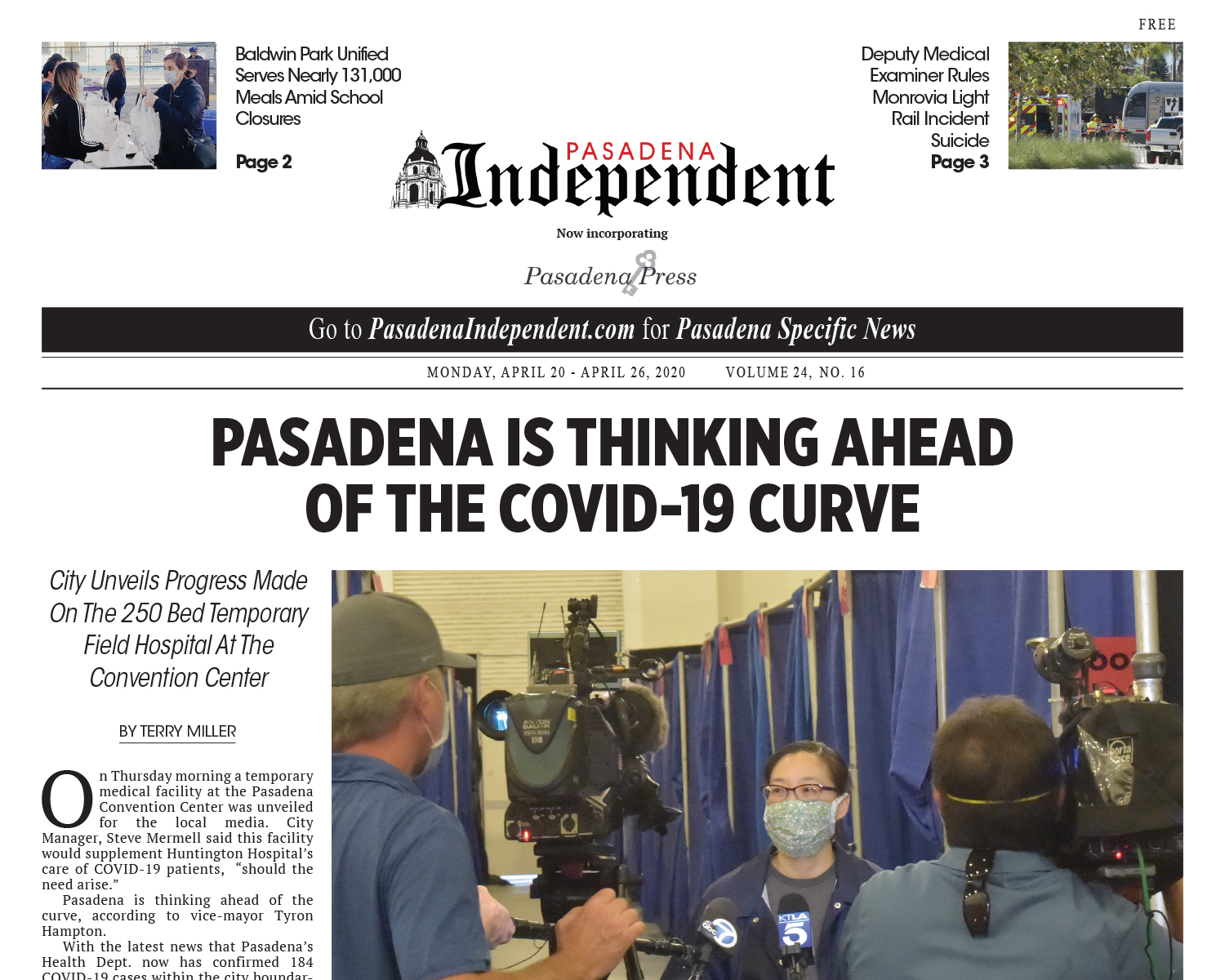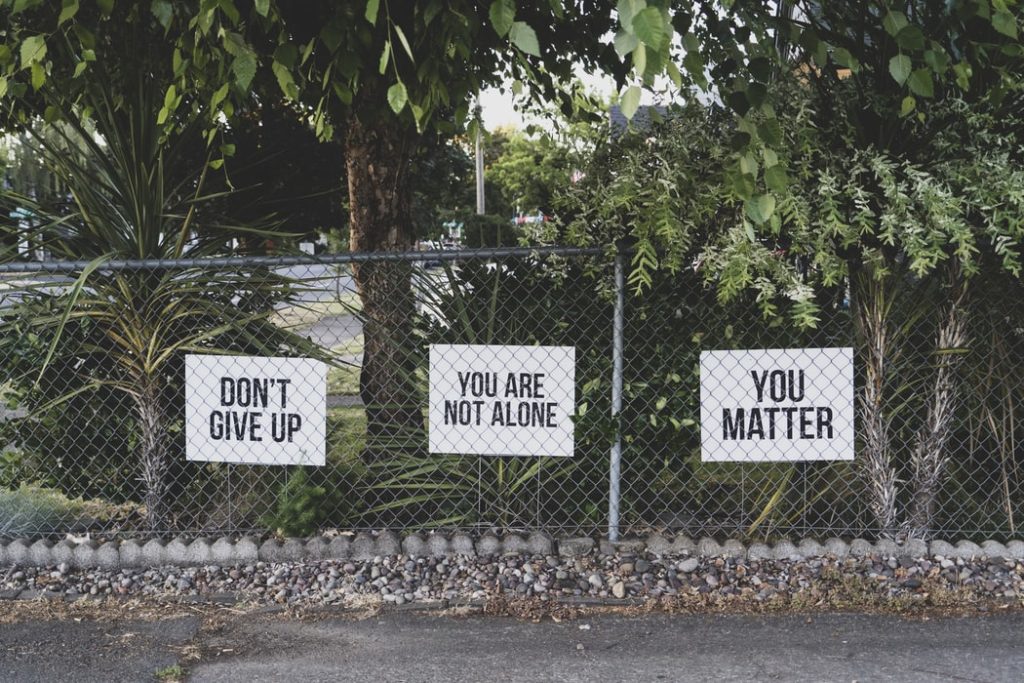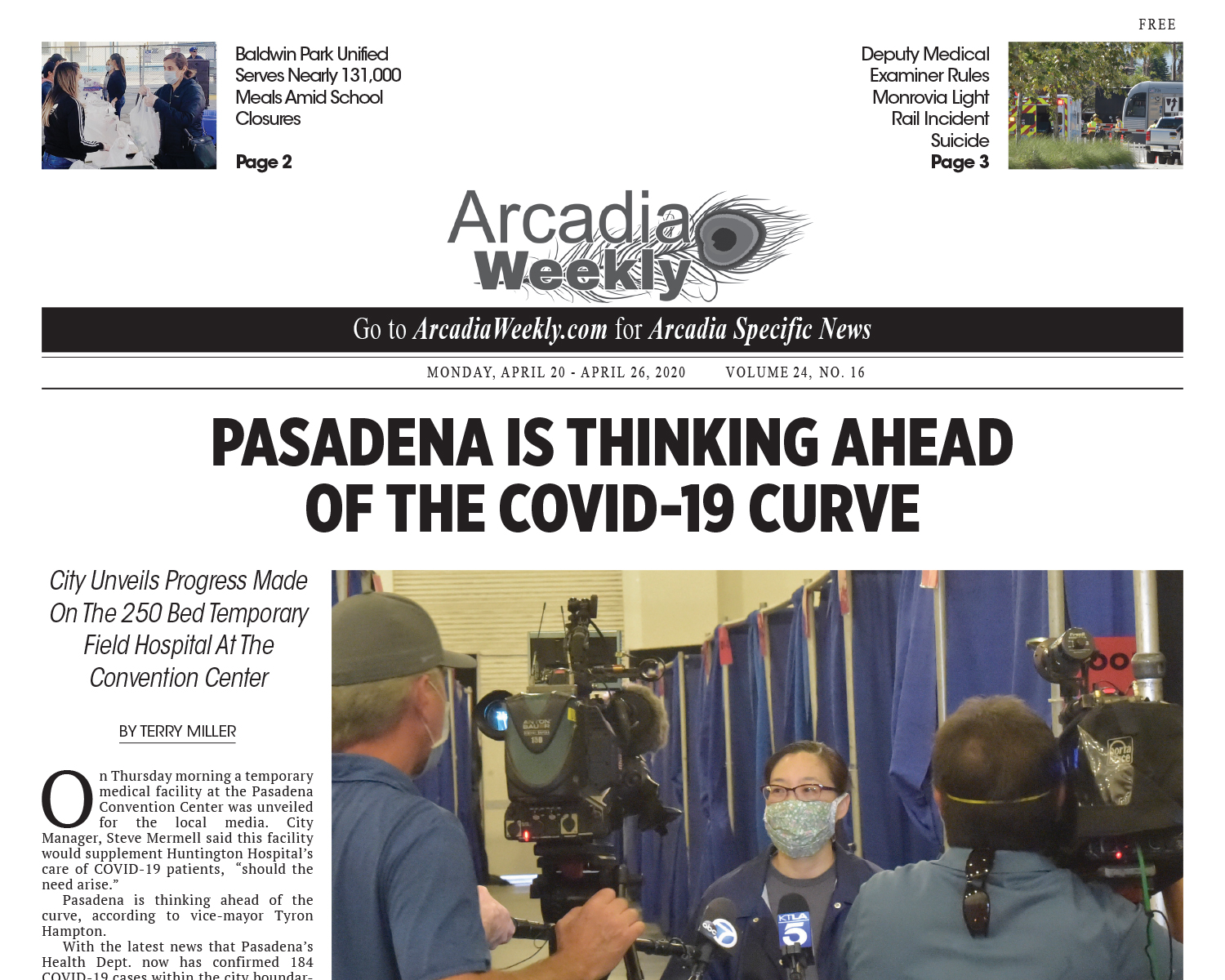
By Stan Popovich
Religion and spirituality used to be completely separate from the field of mental health, due to many misconceptions about the impact that religion has on mental health. In recent years, views have changed to embrace religion and spirituality, as these beliefs have been shown to have a particularly substantial positive influence on mental health.
The Power of Prayer
Prayer is a powerful tool in coping with mental health problems, such as depression or anxiety. Praying helps to provide you with a sense of hope and reminds you of what is important in your life. For example, Christian mental health is often more effectively coped with, as prayer is easily accessible. Prayer can be done from anywhere, which can substantially help to provide you with support through difficult times and challenging events. Praying helps you to tap into the power of God and find comfort, guidance, and help through tough situations.
Religion and mental illness aren’t uncommon, but there are certainly more coping mechanisms available for those who embrace their religion, which goes a long way toward improving mental health.
Religion Helps You to Obtain Balance
Balance is an incredibly important component of life. There are many different aspects and factors that you are expected to maintain an effective balance between. You will need to balance your social interactions, family life, work, hobbies, and many other aspects. Religion helps to emphasize and encourage the best possible balance between every factor of your life, which ensures that you focus on the most important things.
Spirituality and Religion Help to Provide Guidance
Religions provide tools that give individuals guidance through difficult times. When an individual experiences fear, anxiety, depression, or another mental illness, they may benefit from consulting religious texts for guidance. God and mental health go hand-in-hand, providing an overwhelmingly positive correlation. Those who develop a deep, meaningful relationship with God tend to have fewer mental health concerns. In fact, Christians have been shown to have lower rates of depression, as well as a reduced likelihood of substance abuse.
Social Interaction Lowers the Likelihood of Mental Health Issues
Social interaction is often a large contributing factor when it comes to mental health. Regular, positive social interaction substantially lowers the likelihood of mental health issues developing. Participating in religion provides regular social interaction with a
group of positive, like-minded individuals. It tends to promote a sense of belonging, which goes a long way toward reducing the likelihood of depression. Religion helps to provide structure and routine, which helps to minimize anxiety. Religious interaction also
provides individuals with strong support networks to help you through challenges, particularly when it comes to your mental health.
Religion and Spirituality Provide a Sense of Meaning
Many people who have depression feel as though their life has no meaning. Religion often helps to provide people with a sense of meaning. It also helps to provide a connection and focus between an individual and their deepest values. Spirituality and religion help to
provide comfort and helps aid with mental health concerns.
Decreased Suicide Rates are Associated with Religion
The vast majority of religions have negative associations when it comes to suicide. In addition, religions provide a high level of support and comfort to members, as well as a sense of meaning. All of these in combination result in decreased suicide rates among members of a religion.
Stan Popovich is a Penn State graduate and the nationally known anxiety author of “A Layman’s Guide to Managing Fear”— an easy-to-read overcoming anxiety book that’s helped thousands of people to confidently manage their persistent fears and anxieties. Stan has over 20 years of personal experience in dealing with fear and anxiety. For more free mental health advice visit Stan’s website at managingfear.com and read Stan’s articles and his blog. The above is not intended to be a substitute for professional medical advice, diagnosis, or treatment. Mr. Popovich is not a medical professional. Always seek the advice of your physician or other qualified health providers with any questions you may have regarding a medical condition. Never disregard professional medical advice or delay in seeking it because of something you have read here.






